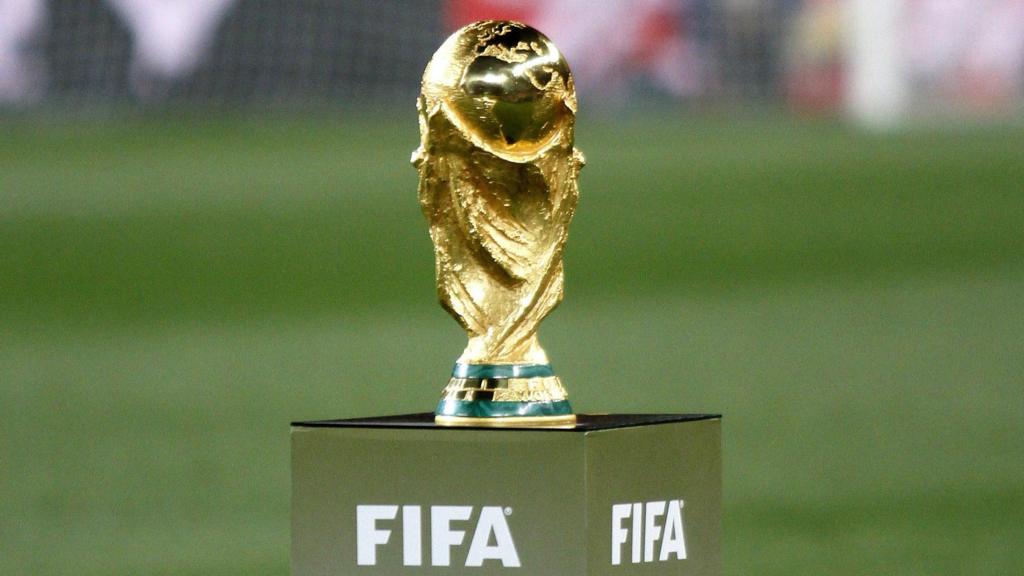The World Cup, jointly hosted by the United States, Canada, and Mexico, is scheduled for June 11 to July 19 of the coming year.
However, new research from environmental groups suggests that the 2026 FIFA World Cup could be the “most climate-damaging” tournament in its history.
Scientists for Global Responsibility (SGR) has calculated the greenhouse gas emissions associated with the event, which has expanded from 32 to 48 participating teams.
The campaign group asserts that “driven by a high reliance on air travel and a significant increase in the quantity of matches,” the expanded 2026 World Cup is projected to generate over nine million tonnes of carbon dioxide equivalent.
SGR indicates that this figure is nearly double the average of the previous four World Cup finals and considerably exceeds the estimated 5.25 million tonnes of CO2e attributed to Qatar 2022.
The projected 2026 total, they state, is “equivalent to nearly 6.5 million average British cars being driven for an entire year,” potentially making it the most polluting tournament to date.
This report was produced in collaboration with the Environmental Defense Fund and the Sport for Climate Action Network.
Next year’s World Cup will be the first to span an entire continent and feature 40 more matches (104) than previous iterations, although all matches will be held in existing stadiums.
In their initial bid documentation, the three host nations estimated 3.6 million tonnes of CO2e, based on a plan for only 80 matches. They also expressed hope that the 2026 World Cup would “establish new standards for environmental sustainability in sport and deliver measurable environmental benefits.”
Requests for comment have been submitted to FIFA.
‘Fifa should consider playing World Cup final at 9am’
FIFA has previously committed to reducing emissions by 50% by 2030 and achieving net-zero emissions by 2040.
The organization has stated that it has developed and implemented sustainability strategies to “be aware of its impact and take adequate action.”
“As a result, on the environmental side, greenhouse gas emissions have been assessed and mitigated, waste has been substantially reduced and tonnes of material have been recycled and diverted from landfill, and stadium construction and operations have been certified according to green building standards,” FIFA has asserted.
In 2023, a Swiss regulator determined that the governing body made “unsubstantiated claims” regarding the reduced environmental impact of the 2022 World Cup in Qatar.
FIFA had declared the tournament would be the first “fully carbon-neutral World Cup,” but the Swiss Fairness Commission (SLK) upheld complaints from five European nations.
Listen to the latest Football Daily podcast
Get football news sent straight to your phone

